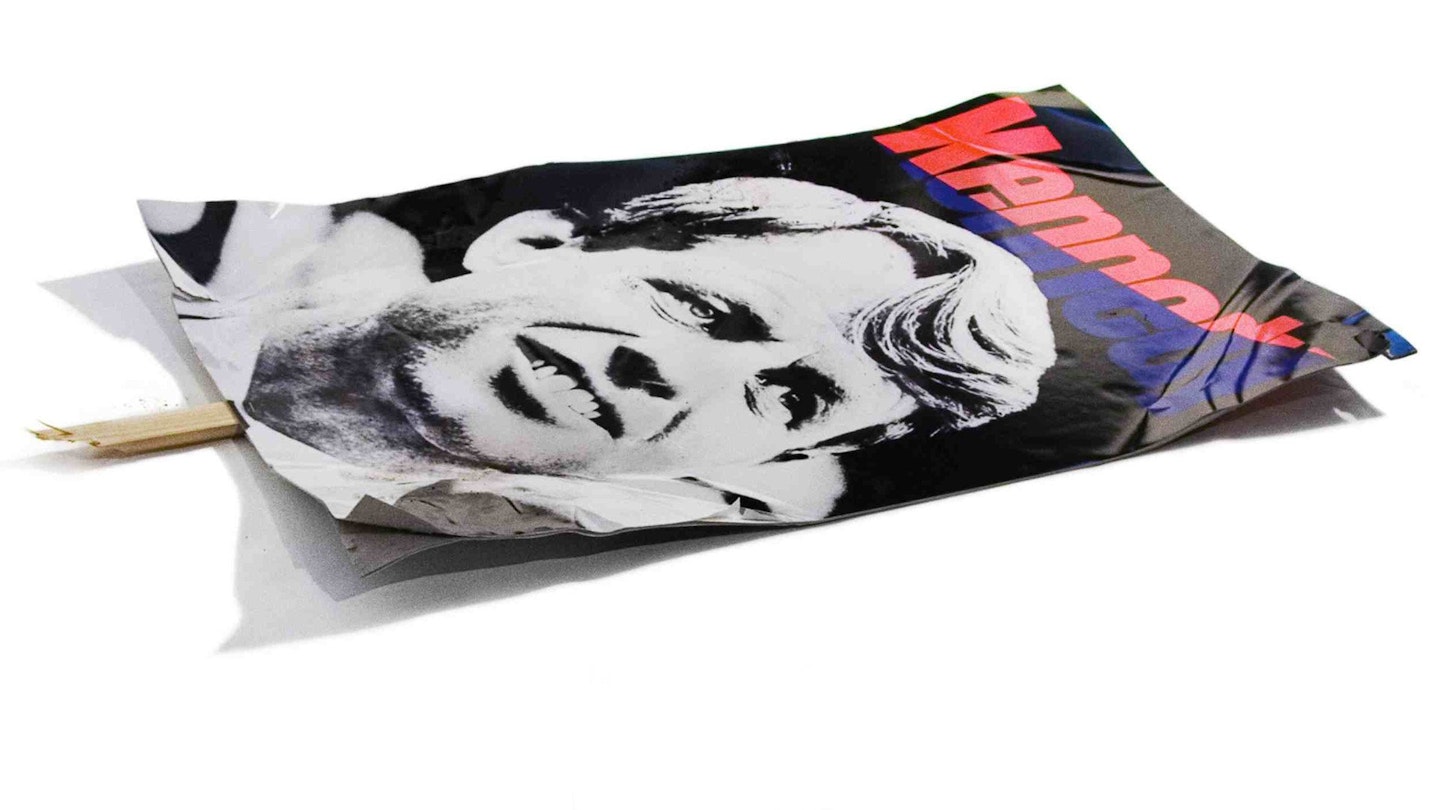Gosh, Emilio Estevez is all grown up. Sure, he’s 44, but ever since turning down the Platoon role kid brother Charlie Sheen took instead, the one-time leader of the Brat Pack seems to have drifted in uncertain promise. Now he emerges as a filmmaker of passion and Altmanesque ambition, with a mosaic designed around the moment a generation’s political idealism died.
Its seed was sown when Martin Sheen (who idolised RFK and played him in The Missiles Of October) walked his six year-old son Emilio through the Ambassador Ballroom, where a victorious Bobby gave his last speech. There Estevez sets his scene using electrifying news footage of a turbulent time, segueing neatly into a score of human mini-dramas with big hair. Using a lifetime of relationships and a character-rich script to bait an all-star cast, he seems, at times, to have bitten off more plotting than he can chew. But by referencing the daddy of portmanteau movies, Grand Hotel, and with juicy work from the likes of Sharon Stone (as the hairdresser whose hotel manager husband, William H. Macy, is having an affair with switchboard operator Heather Graham), he gets it done.
Elsewhere in the storied establishment Lindsay Lohan is marrying classmate Elijah Wood to save him from a tour in Vietnam; slacking RFK campaigners (Shia LaBeouf and Brian Geraghty) are hilariously turned on to LSD by hippie Ashton Kutcher; unhappy musician/gofer Estevez is trying to pull monstrous wife Demi Moore together for her star turn in the hotel’s legendary nightspot, The Cocoanut Grove; sous chef Laurence Fishburne is dishing up his philosophy on race relations to busboy Freddy Rodríguez, and Christian Slater is getting sacked forhis treatment of the Mexican workforce.
While all this threatens to tumble into soap opera with comic interludes, Estevez imaginatively summarises the ’60s zeitgeist with a persistent, aching, present-day perspective. And as the individual crises draw closer to the moment busboy Sirhan Sirhan pulled a gun on Kennedy, emotional involvement snowballs. Using Kennedy’s voice — his eloquent, haunting elegy for the slain Martin Luther King — over the final scene seals the deal with a note of inspiration and, tentatively, hope.
